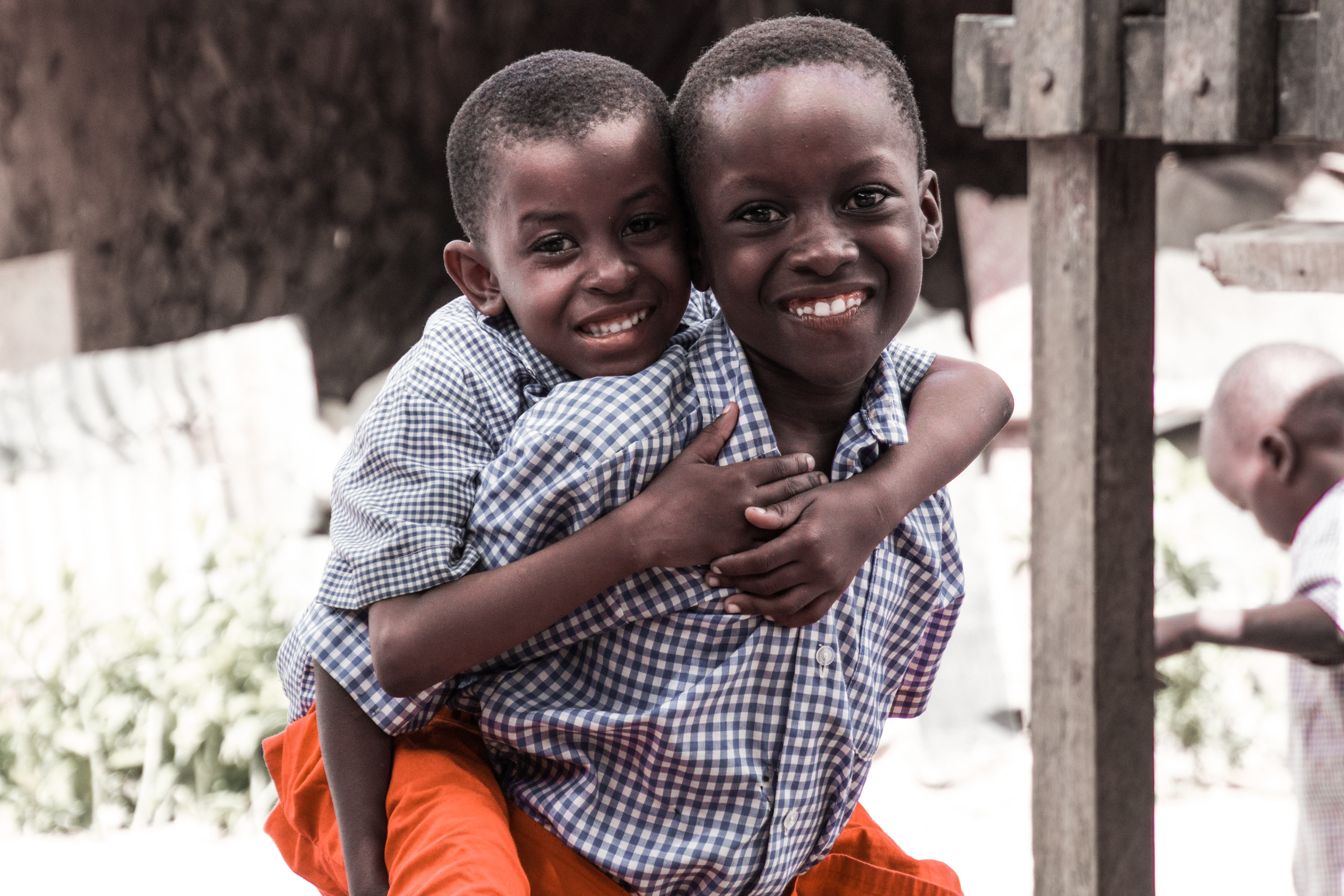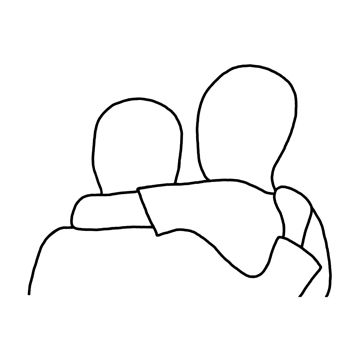The kindergarten was part of the Dickson Children Center, where only the children of DCC were taught. Since January 2011, most children have gone to primary school and we also opened the kindergarten for children from the area, especially for the slum behind the center. Many children aged 12 and 13 were at home and had never gone to school. This was because kindergarten must be paid in Kenya and primary school is free, but the children must already be able to read and write to be admitted. That is why we first took the older children into our kindergarten and when they could go to primary school, we were able to take in the younger children. Then we also started the process of registering kindergarten. When Dickson Children Center moved, we were able to build 3 classes in the middle of the slum of Port Reitz.
We now have a kindergarten and primary school up to grade 5. Various sponsors and groups have helped us build additional classrooms, for which we are very grateful. In addition to education, we also teach Bible lessons and teach the children to pray and teach Bible principles. During the break they get porridge and a balanced meal at noon. Many of the children come to school without breakfast, often at home there is only enough for 1 meal a day. Since we started giving meals, the health of the children has improved a lot and also they are able to concentrate better in class. Emphasis is also placed on contact with the parents, a parents' council has been established and the parents are regularly convened and spoken to ensure that the children sleep well and come to school with a clean uniform and that they ensure that the children do their homework. They also receive education in hygiene and how to raise the children at home. In the slum there are many 1-parent families and there is a lot of alcohol and drug abuse. Many say that the school is a blessing to the slum and that people get hope for a better life for their children.
The school has a manager, a head teacher and enough teaching staff, who are registered with the Teachers Service Commission in Kenya. Assisted by non-teaching staff and social workers, working together in the community for social intervention.
The school has adopted the new curriculum, starting with pre-primary education 1 and 2, and then from grades 1 to 5. We have a population of over 160 students between the ages of 4 and 14.

